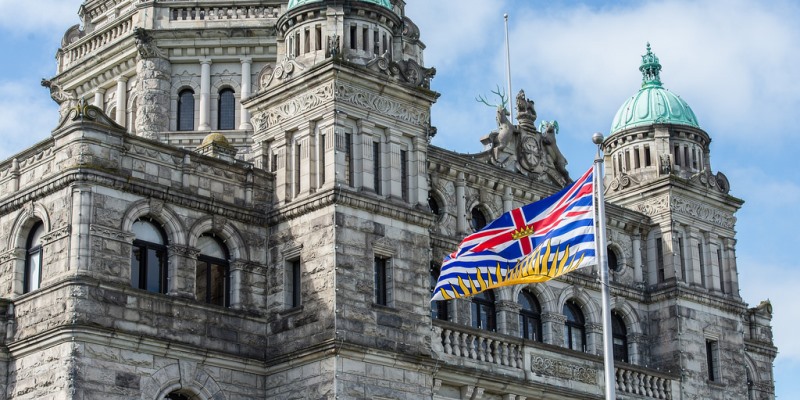Investment climate for B.C. energy sector remains dismal

This year’s Global Petroleum Survey contains more bad news for the province of British Columbia. For the second straight year, B.C. is Canada’s least-attractive jurisdiction for oil and gas investment. And B.C.’s overall ranking remains far below 2016 levels when the province ranked among the top performers in Canada.
In 2018, B.C. ranked 58th (out of 80) compared to 39th (out of 96) in 2016. Despite an increase in its Policy Perception Index (PPI) score since 2017, B.C. remains in the bottom 30 per cent of jurisdictions ranked globally. This year, the percentage of negative responses for B.C. increased the most in the areas of the legal system, regulatory enforcement, and regulatory duplication and inconsistences. The cost of regulatory compliance and political instability also remain major deterrents, as 81 per cent and 80 per cent of respondents are deterred by these factors, respectively.
Moreover, the percentage of negative responses for protected areas and disputed land claims in B.C. also remains high. In fact, survey respondents indicate that disputed land claims (76 per cent) and protected areas (71 per cent) are deterrents to investment in B.C. Disputed land claims and protected areas are also the chief concerns of mining investors in the province, which is also noted in our Annual Survey of Mining Companies.
To explain B.C.’s poor performance in the survey we should examine the policy changes that have contributed declining investor confidence in recent years. For example, the provincial government has abandoned the idea of a revenue neutral carbon tax and instead increased various taxes, including the carbon tax rate and the general business income tax rate. In addition, both the NDP and Green Party oppose the Kinder Morgan Trans Mountain pipeline expansion, and the Greens continues to oppose LNG production despite an October announcement that LNG Canada’s $40 billion project will proceed.
(Note: Investor perceptions related to the LNG Canada investment are not reflected in this year’s iteration of the survey as responses were collected from late May to early August. The LNG announcement may affect B.C.’s ranking, however, the final investment decision for LNG Canada occurred after survey data were collected.)
The reality is that B.C.’s diminution in the eyes of oil and gas investors should concern policymakers in Victoria. To improve B.C.’s image, the provincial government should pursue competitive and stable policies, for the benefit of British Columbians and their families.
Authors:
Subscribe to the Fraser Institute
Get the latest news from the Fraser Institute on the latest research studies, news and events.

